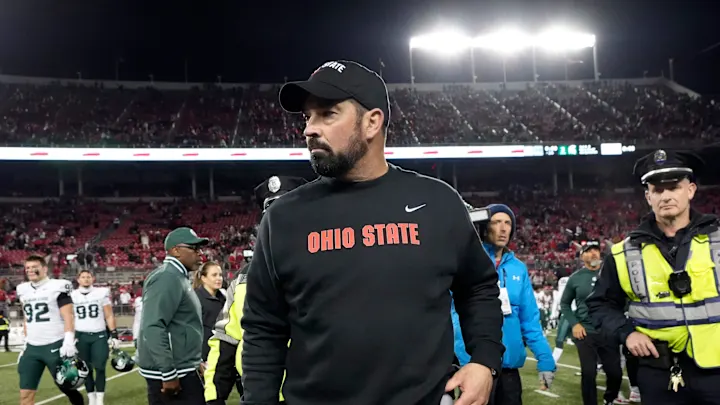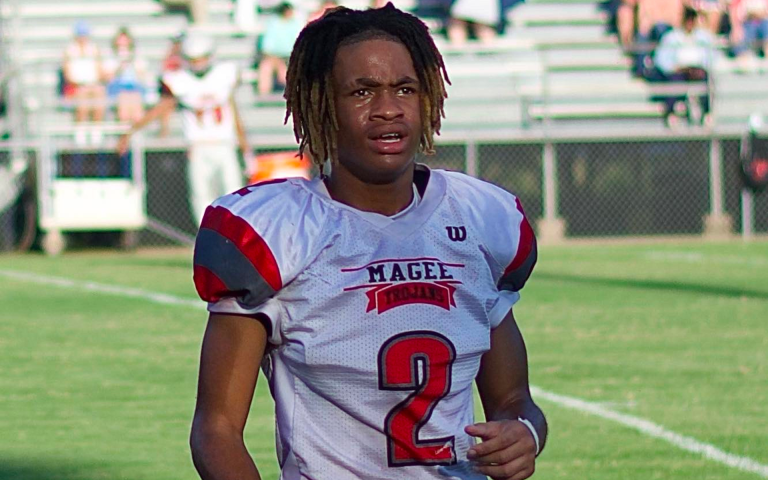One reason why the Atlanta Braves’ acquisition of starting pitcher Chris Sale from the Boston Red Sox is attractive is due to the relatively low financial burden associated with Sale’s contract. Atlanta only has a $10.5 million cash payroll obligation for Sale, with $10 million of that amount deferred until 2039.
For the 2024 season, the final year of Sale’s contract extension with Boston, he is owed $27.5 million. Boston is contributing $17 million towards Sale’s salary, leaving Atlanta responsible for the remaining $10.5 million. The unique structure of the deferred salary means that the Braves are not required to allocate the $10 million until July 1, 2026, providing them with time and flexibility in making this payment. Consequently, Atlanta’s actual cash expenditure for Sale in 2024 may be as low as $500,000.
However, there is an aspect of Sale’s contract that hasn’t been widely discussed, and it could pose challenges for Atlanta—the luxury tax implications. According to MLB’s Collective Bargaining Agreement, any traded contract is re-amortized for luxury tax purposes, considering only what the new team is obligated to pay. Adjusting for the future value of the deferred money, Sale’s luxury tax impact on Atlanta for 2024 is reduced from $27.5 million to approximately $24.1 million, as per Fangraphs.
Nevertheless, the inclusion of this $24.1 million in Atlanta’s luxury tax calculation brings them close to the third tax threshold of $277 million. Fangraphs estimates Atlanta’s tax payroll to be around $275,698,334 as of Sunday morning, although it’s important to note that these figures are estimates, as the actual numbers are not publicly disclosed, requiring analysis and estimation without official confirmation from MLB.
Crossing the third of four tax thresholds brings increased penalties outside of the additional tax surcharge of 42.5% for all dollars spent over $277M, most notably with regards to the MLB Draft.



